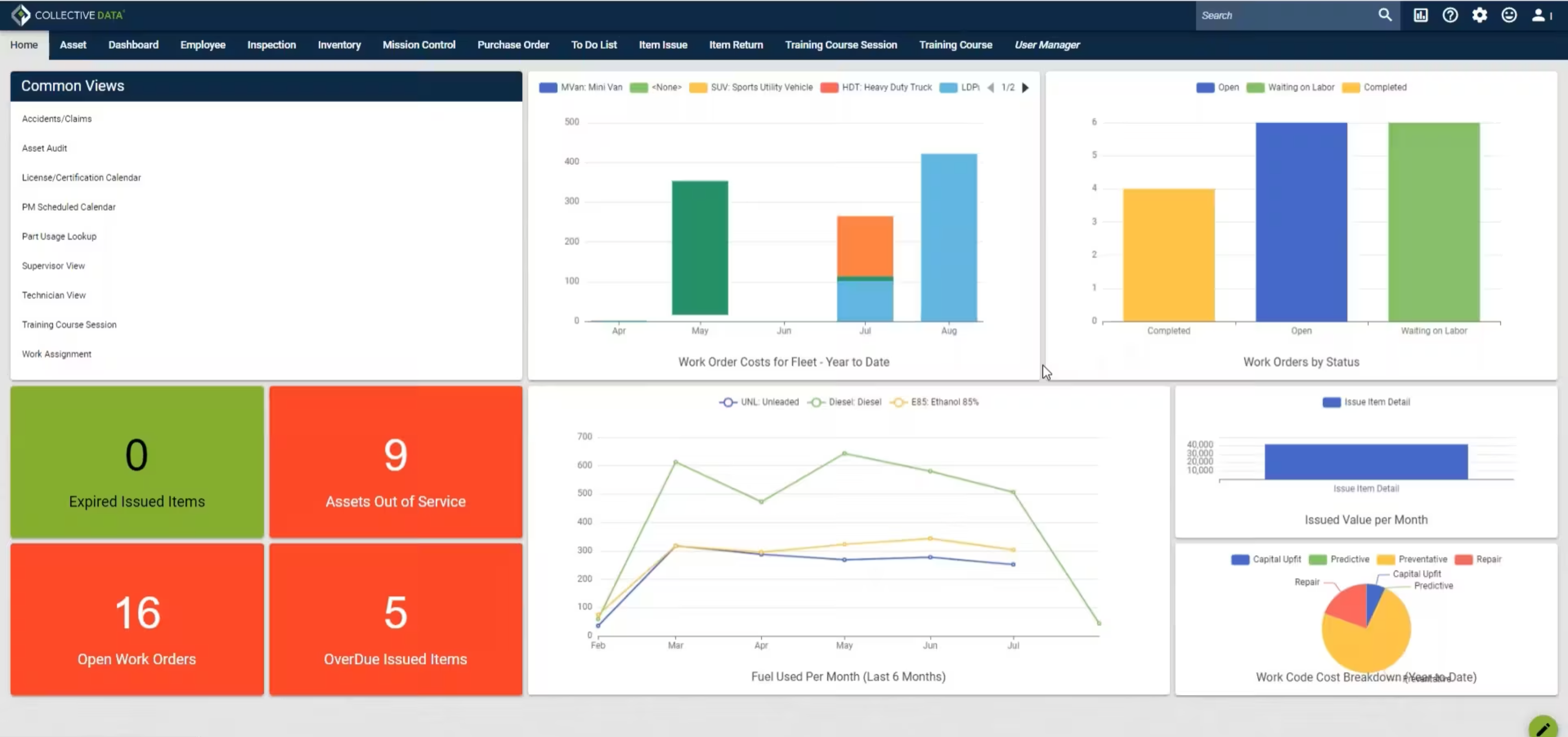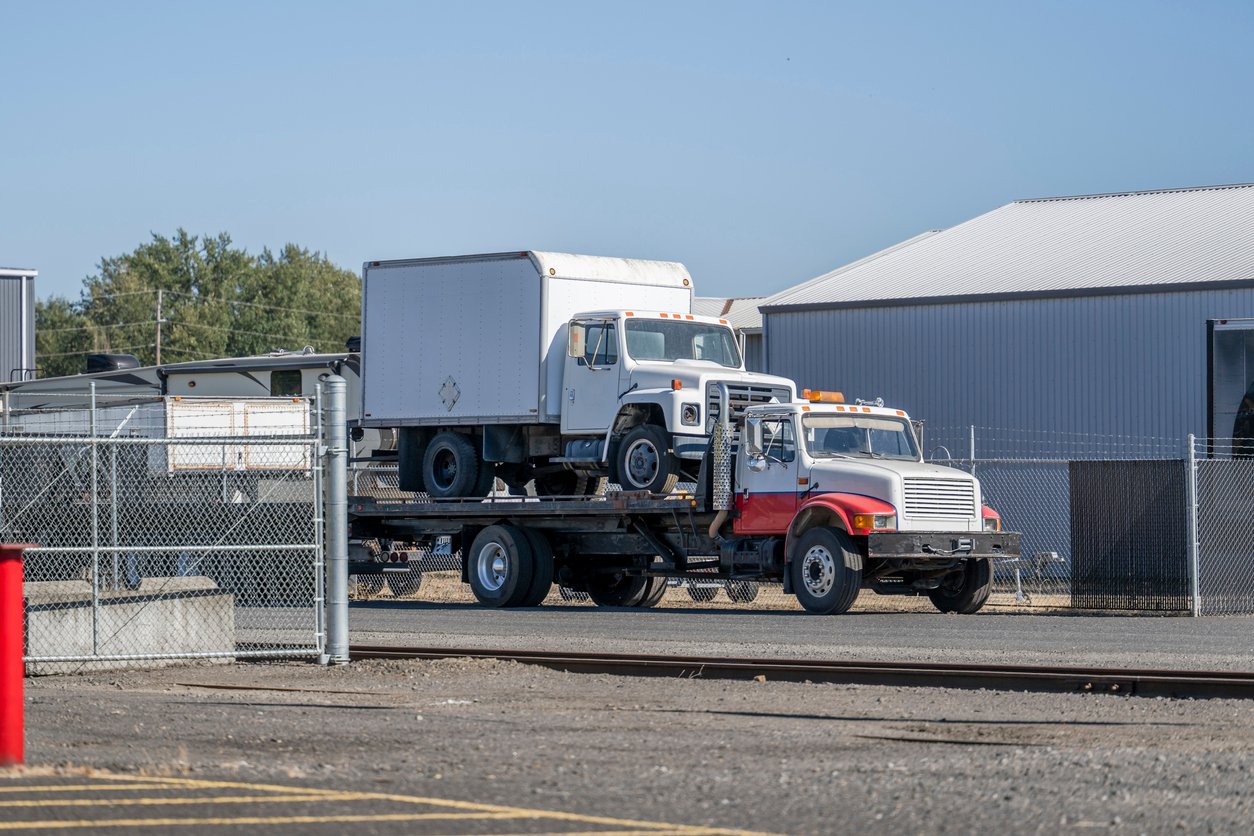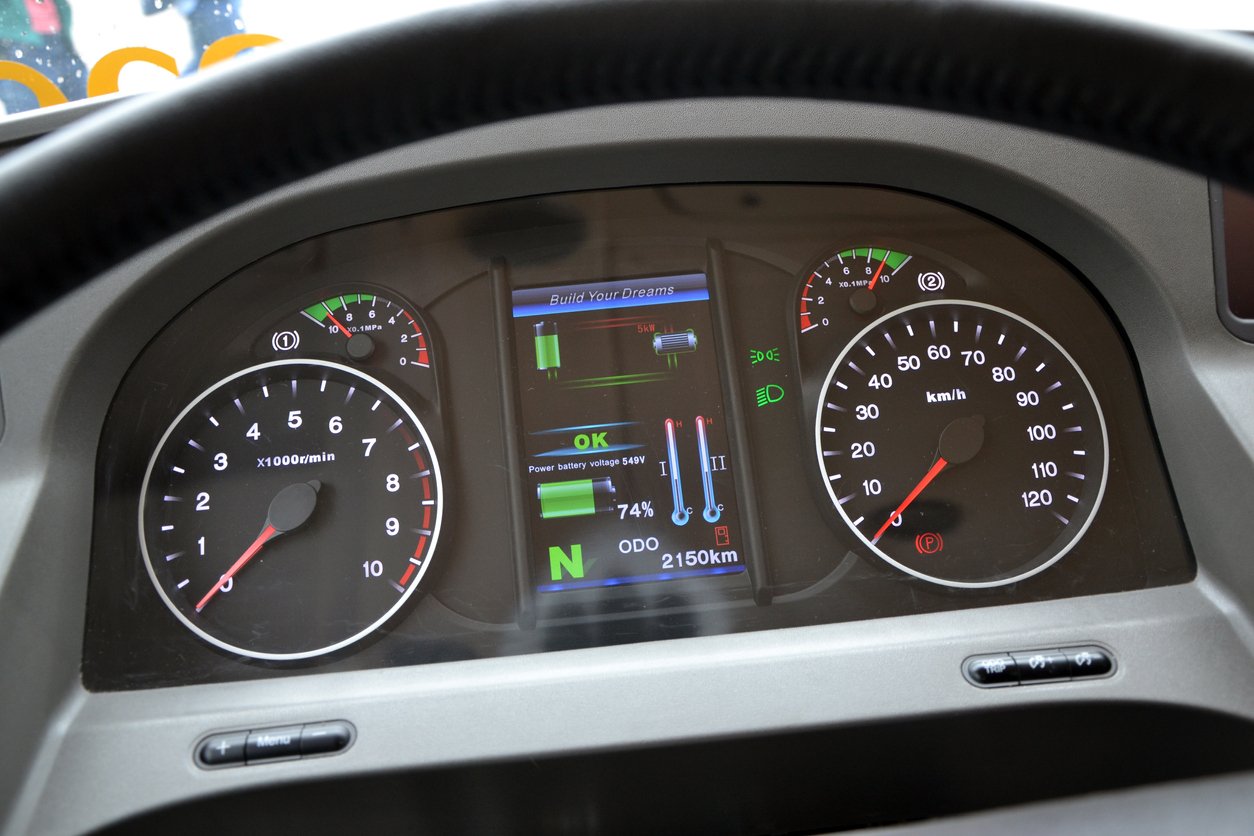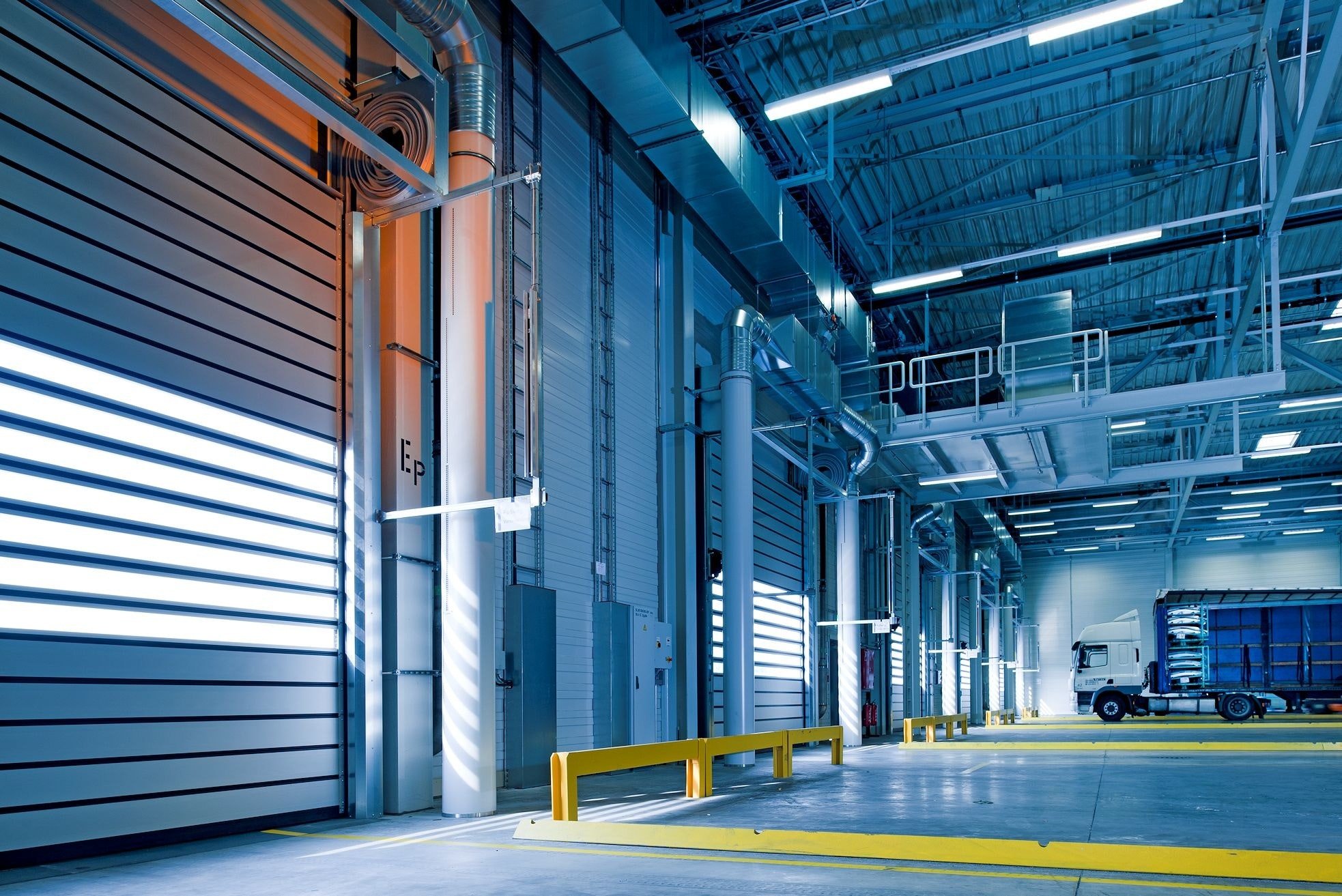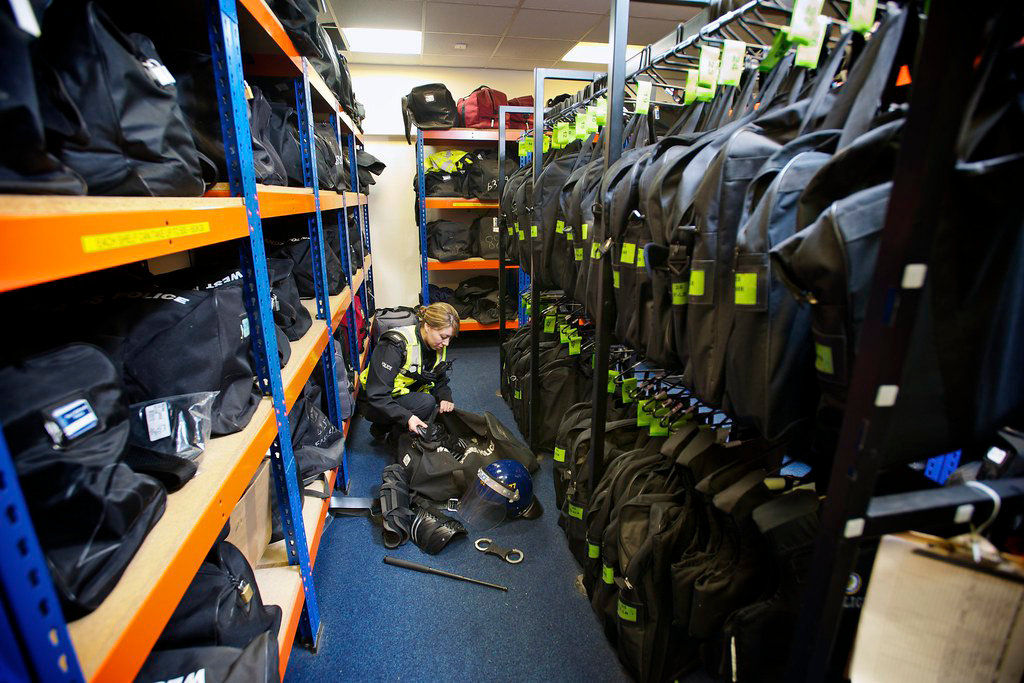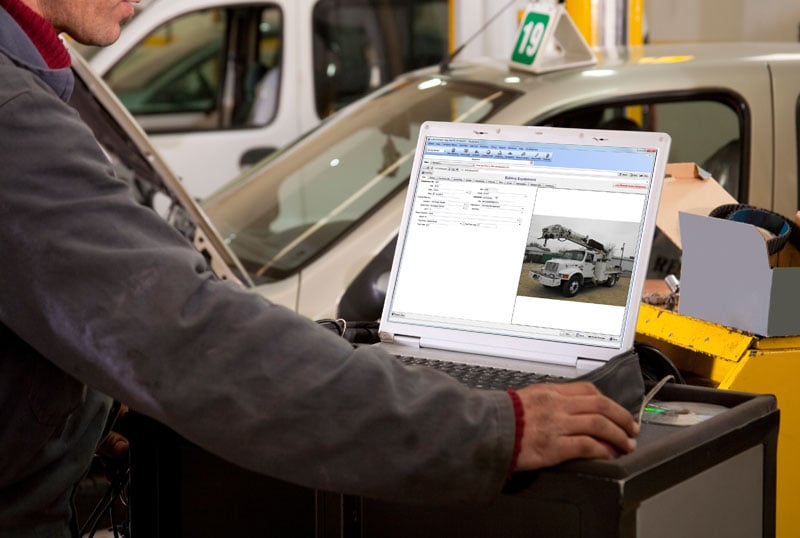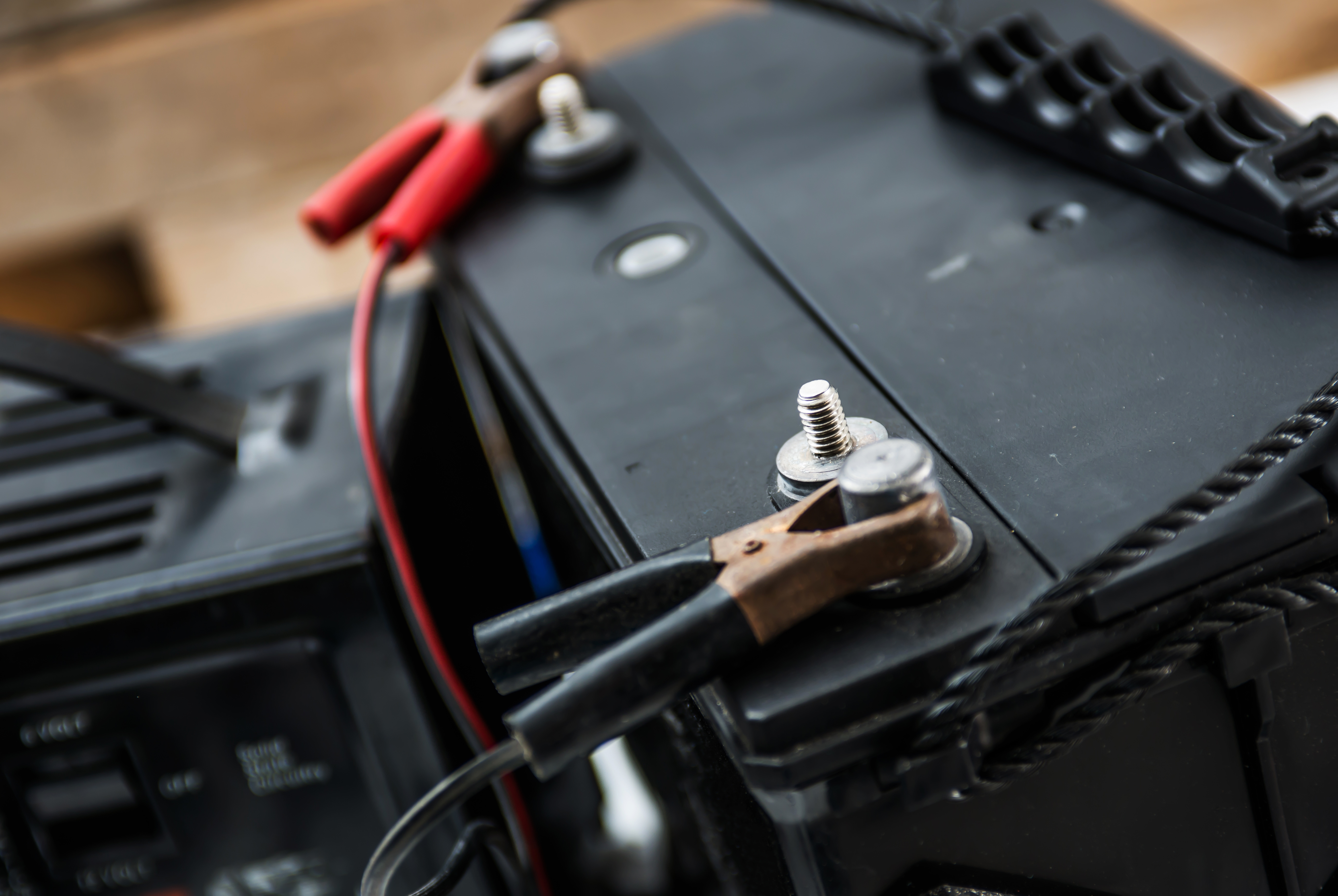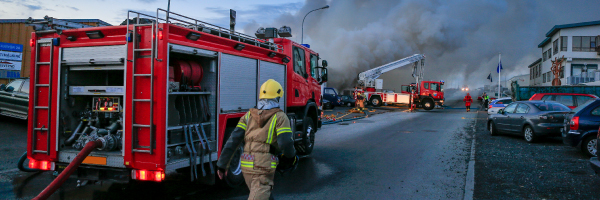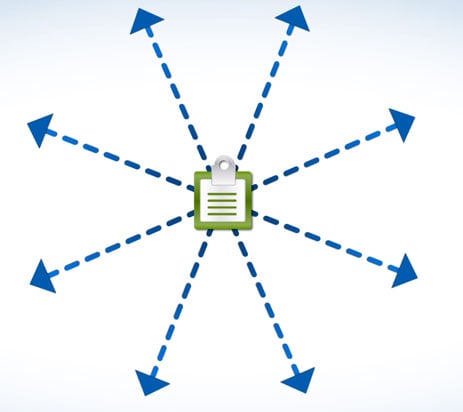Saving Money in day-to-day Fleet Management
Many expenses can get be buried in a busy fleet operation, even for the most seasoned professional. And, that’s where software comes in: it should be handling all the little things so you can focus on the big things.
A professional fleet maintenance management system will help you to eliminate hidden costs in your fleet, such as:
REDUCE PARTS ON HAND
A large hidden cost of a fleet operation is parts management and, ordering more parts than are needed.
Here’s a scenario: Operating a fleet without a fleet management system is not an efficient way to track the number of parts on hand, although manual methods might partly get the job done. When a work order needs to be completed in the shop, a technician might notice that there are only a few parts left on the shelf. So, in preparation for future work, he will request additional parts to be ordered. How many? Let’s use 20, as an example.
You can already see how this situation can easily get out of hand. Using collectiveFleet software you can quickly look up how many parts you have in stock, and whether they are physically available and where. You can set a minimum and maximum for the parts you would like to have on hand. If you attempt to order more of a part that exceeds the maximum limit, you will be alerted so you don’t order more than what’s needed. In addition, a report showing parts that haven’t been used in a certain number of days, or parts in storage that are no longer used on any of your active equipment. This example illustrates how keeping these items under control can result in enormous cost savings.
collectiveFleet’s powerful parts reporting tool includes accounting for upcoming preventative maintenance tasks listing all parts needed to complete those jobs. This is just one way a good software system can make life very easy on those responsible for parts ordering while cutting costs.
REDUCE UNNECESSARY SERVICES
The best way to eliminate unnecessary services is to make it simple for a technician to fulfill a work order armed with all the necessary information so they can focus on the task at hand. The lack of detail makes it difficult for a mechanic to remember all aspects of the task to be completed on a piece of equipment, especially when they are dealing with hundreds to thousands of them or having to resort to searching manually through work history, or better yet from memory to get the repairs completed and the equipment back to working order.
A client shared with us that their system was failing them, and they were having to resort to manual search and/or memory. At one point it was decided that synthetic ATS fluid was to be used in a particular vehicle. So, the vehicle was sent into the shop and a technician put in the new synthetic fluid on request. Later, the same vehicle needed to return to the shop for some additional PM Service work. The technician having no idea that the vehicle had recently received new synthetic ATS fluid, performed another fluid exchange based on the mileage of the vehicle in adherence with the PM policy. Not only was the service not due, he put in regular ATS fluid because of the lack of work history information he had on the vehicle.
Once the work was completed and paperwork processed, they noticed that a regular ATS fluid exchange was completed. So, it required the technician to drain the regular ATS fluid, flush it, and replace it with synthetic fluid again. Proving a waste in expense not only in fluid, but the time involved in switching it out twice before the service was really due.
Using a fleet management software system like collectiveFleet, the technician would have known exactly what to do at that point in time. If the ATS fluid exchange were actually due, it would have been automatically added to the work order including a specification for the type of fluid to be used.
CONCLUSION
These are just a few of the hidden costs that an organization can prevent by putting an enterprise fleet system into place.
How about you? Are there any costs that are slipping through the cracks, but you find it tough to keep it under control with your current method?

